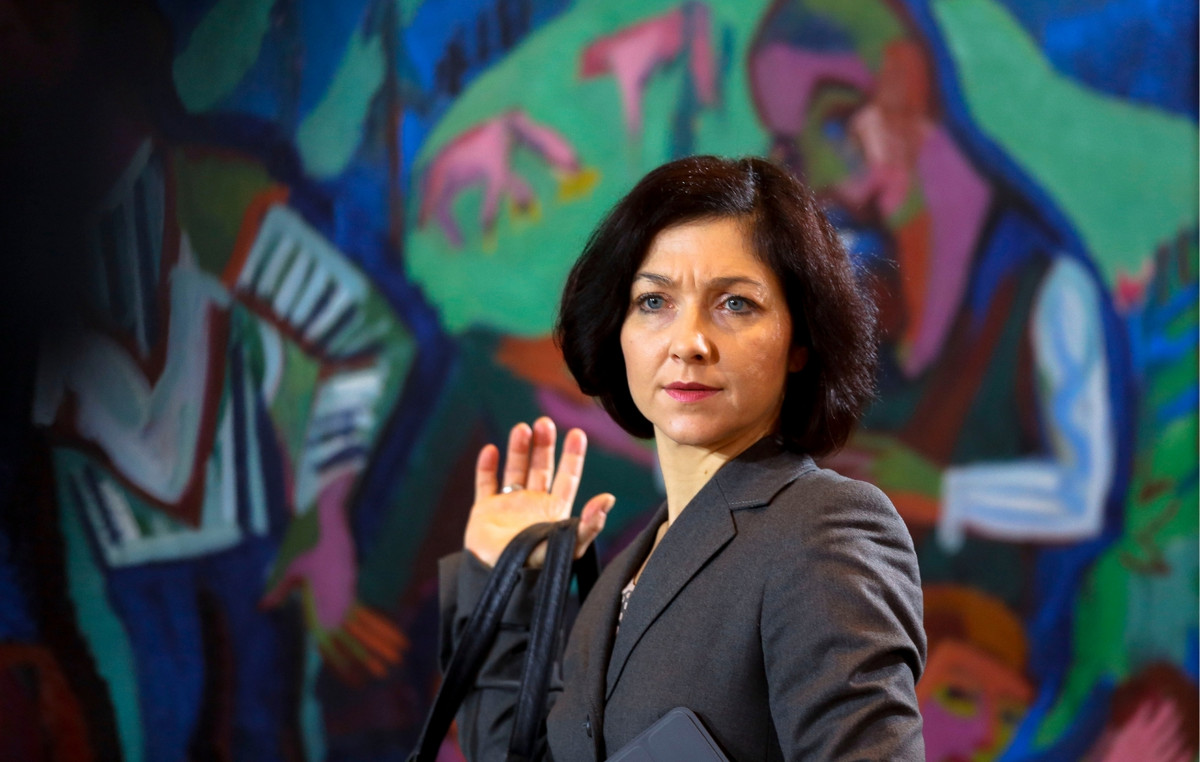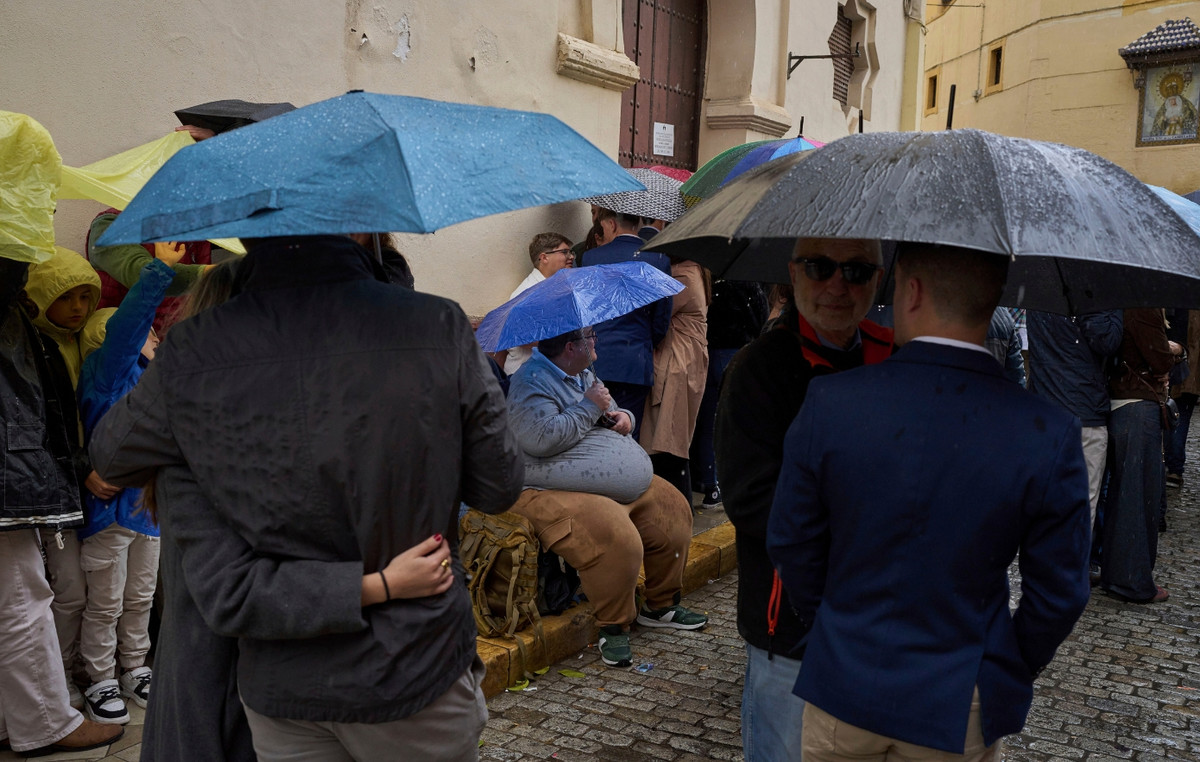Social networks have played a crucial role in the US electoral landscape, amplifying polarization and redefining spaces for political debate. The assessment is by political scientist Renato Dolci, director of data and analytics at Timelens.
Participating in the program WW Special Dolci stated that digital platforms no longer view misinformation and heated debates as problems, but rather as intrinsic characteristics of their functioning.
“They took it upon themselves, they agreed to open highly polarized spaces,” said the expert.
The analyst highlighted a significant change in the way politicians communicate with the electorate. “Kamala herself [Harris] and Donald Trump spent much more time talking to podcasters, for example, than they did talking to political scientists and television interviewers.”
According to the political scientist, this change in the communication pattern reflects a shift in the traditional axis of opinion and information, favoring digital platforms to the detriment of more conventional means.
Global impact of the US elections
For the director of Timelens, the global relevance of the American elections was evident in numbers. According to him, the phenomenon demonstrates the globalized nature not only of the election itself, but also of the moral elements and debates that surround it, having repercussions in several countries, including Brazil.
“There were 800 million mentions on global social networks about the American elections, 300 million in the United States”, he revealed, highlighting that there were more mentions outside than inside the country.
Dolci concluded by highlighting the significant impact of the digital platforms’ approach: “The platforms let this debate happen in a very different way and this has a very relevant impact on what happened in the result”.
WW Special
Presented by William Waack, the program airs on Sundays at 10pm on all platforms. CNN Brazil .
This content was originally published in In the USA, social networks opened up polarized spaces and left the debate free, says an expert on the CNN Brasil website.
Source: CNN Brasil
Bruce Belcher is a seasoned author with over 5 years of experience in world news. He writes for online news websites and provides in-depth analysis on the world stock market. Bruce is known for his insightful perspectives and commitment to keeping the public informed.







